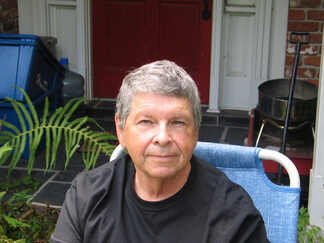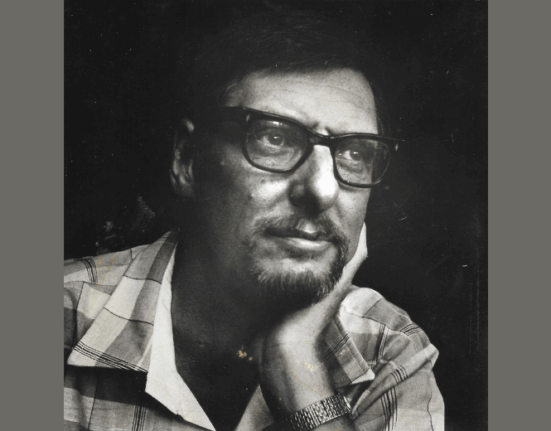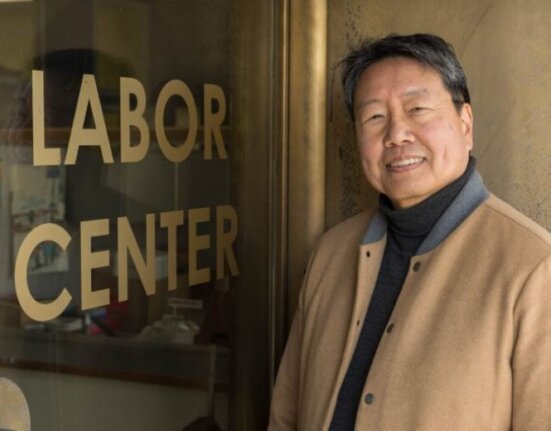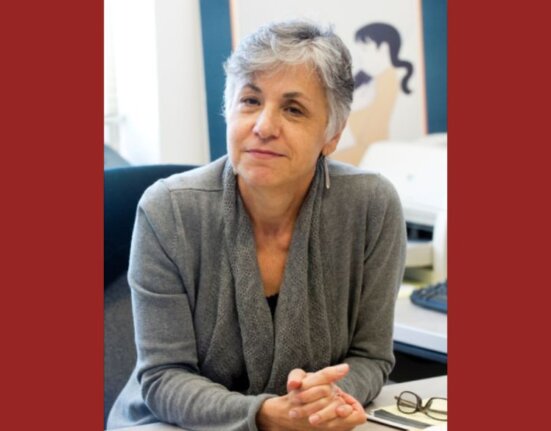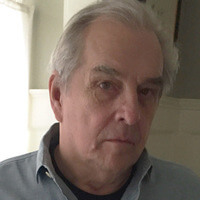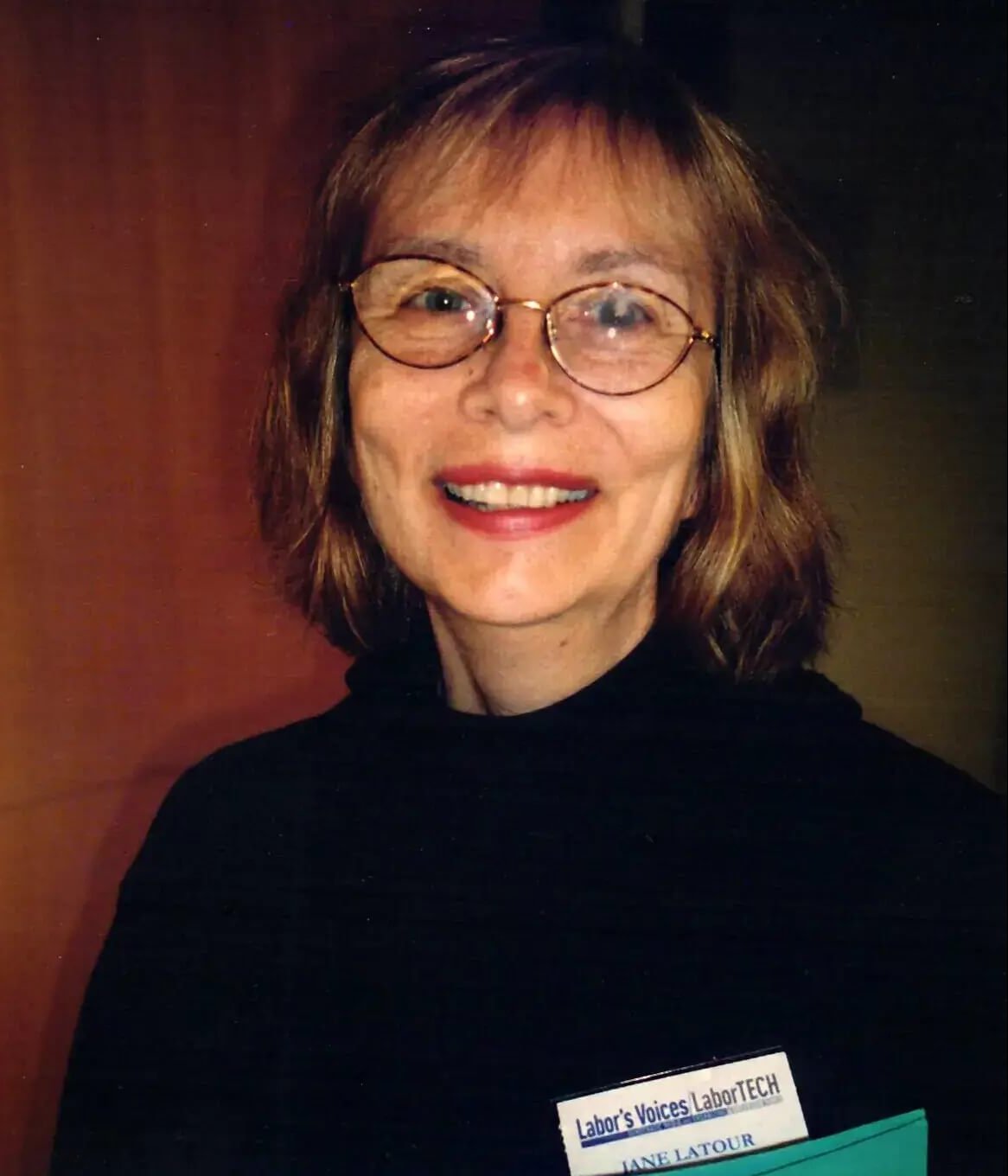
LAWCHA mourns the loss of one of its founding members, Bob Zieger. Bob was one of LAWCHA’s first ever board members and has been with the organization since its founding in 1999. If you would like to contribute a remembrance, please send it to lawcha@duke.edu, with your name and affiliation, and we will post it here.
Remembrance by Bob Bussel
I first met Bob Zieger in the mid-1990s at a Wayne State University labor history conference. We immediately bonded on the basis of our shared New Jersey upbringings, our passion for labor history, and our fervent yet uneasy devotion to the New York Yankees! Although I only met Bob on one other occasion, we developed a warm friendship over regular email exchanges that lasted until a week before his death.
Of course, Bob will be remembered for his words. His books on the CIO, the twentieth- century American union movement, and race and labor are models of lucid prose, rigorous, scholarship, and balanced treatment of complex historical issues. His three edited volumes on southern labor history have deepened our understanding of the region’s working class and provided a platform for both seasoned and newer scholars to share their insights with a broader audience. Repeatedly over the years, I have incorporated Bob’s work in both my labor education and academic teaching. I often quote him verbatim; he said things so well that paraphrasing him simply fell short of the mark.
Beyond Bob’s eloquent words and his impressive legacy as a historian, I will remember him equally for his deeds and the content of his character. He was one of the least pretentious and most accessible persons I have ever known. When he and his wife Gay came to dinner at my house after Bob gave a talk at the University of Oregon (the second and last time I actually met Bob), he showed a keen interest in my children and continued to ask about them long after that occasion. He was extraordinarily generous, always willing to read my work, offer advice, and boost my career. As an editor (I was fortunate enough to contribute to his final southern labor history collection), Bob combined thoughtful criticism with equal amounts of humor and patience. This past fall, I asked him to read my book manuscript. Although he was occupied with other projects and personal business, his response was typically Bob: “Bring it on.” As always, his critique was perceptive, encouraging, and most of all witty, as evidenced by his alerting me to what he called the “gremlins” in my writing. This was Bob’s term for inaccuracies and grammatical miscues that undercut the clarity he prized and which he so consistently displayed.
Bob also did not shy away from doing public work. He took his obligations as union member seriously and was willing to get his hands dirty doing both the large and small things unions need to remain effective institutions. He clearly relished his role as a labor council delegate from his faculty union, citing his services “as a rewarding experience from which I have learned much.” This experience cemented his solidarity with those who in his words “fight the good fight, often in inhospitable circumstances.”
Once again, I find myself quoting my friend, colleague, and union brother. In both word and deed, he showed us how to fight the good fight. His example will continue to inspire many of us as we pick up the torch that he has passed.
Bob Bussel
Labor Education and Research Center
University of Oregon
March 18, 2013
Remembrance by Gilbert Gall
I knew Bob Zieger for 33 years, having first met him when I entered the Ph.D. program in Labor History at Wayne State University in 1980. Over the course of those years, he was always my teacher and mentor, and later my colleague when I was at Penn State University Labor Studies. But to me at other times he was more: sometimes a father-figure, sometimes an older brother, and always a treasured friend.
Bob was my dissertation adviser and chair of my committee, and I think I was the first student to finish a Ph.D. under his direction. Having completed my Masters Degree at another University where I was often seen and just as often ignored, the personal attention and the serious respect with which he treated me was certainly unexpected on my part, though greatly appreciated. Immediately he was interested in what my goals were, what areas I would like to focus on, and he took both the trouble to get to know me personally and extended me the opportunity to get to know his family.
Over the next four years he didn’t so much as teach me but rather helped me learn how to be an historian, how to think critically, and, Oh Lord, most of all how to write. I still remember sending him the first chapter of my dissertation and receiving essentially the following comments: “If you are to do your dissertation with me, it is time you learned how to write clearly. We simply can’t have the kind of sloppy presentation that I find in this chapter. Here are my main writing rules [ten of them] and I suggest you get a copy of Strunk and White and read it as soon as possible.” Most of all, he condemned my frequent and reflexive use of the passive voice. I was crushed. As I was working in another city at the time I started the writing, I wrote back to him protesting that he was being unfair, that in actuality another Very Famous Labor Historian used the passive voice all the time. He wrote back: “Just because he writes that way is no argument for us to do it.” But then he went on to explain in more detail his reasons. Extensive use of the passive voice obscures agency and either represents or leads to foggy thinking and assertions. Historians must always be concerned, above all, with agency, accuracy, and clarity. You can use the passive voice, he explained, but only when you know how to write and you realize why you choose to use it.
So that was one lesson learned but over three decades there were so many more. When I was done with my dissertation he didn’t lose interest in me personally or in my work, but kept in contact through invitations to participate in myriad labor history projects. His critiques were always insightful, incisive, and expansive; and my conversations with him over the years were always intellectually stimulating and quite often very funny. To me, Bob’s wry sense of humor could sometimes turn quite impish.
His broad historical knowledge, careful scholarship, union activism, and tremendous network of labor history/labor movement contacts amazes me even to this day. Even more amazing, as other remembrances will show, he took the time and effort to personally help not only his Ph.D. students but many younger scholars. To so many of us, students formal and informal, he will always be remembered as one of our working class heroes.
Gilbert Gall
Region Field Director
PSEA Southwestern Region
Remembrance by Michael Honey
Bob Zieger’s untimely passing is a huge shock. The day before Bob’s death, I got a note and a small check from him in the mail for my article in the third in a series of books on southern labor history that Bob organized and edited. Bob brought myself and many others into labor studies through the early North American Labor History conferences at Wayne State. Although he knew so much more about the topic than I did, he welcomed my explorations of the CIO in the South. He helped me to find the stream of labor historians and always graciously encouraged my work. We didn’t agree on our view of the Communist left in the CIO, but I learned from his more pragmatic view of unions and I noticed that he came to adopt a more appreciative view of the role Communists played in fighting for black civil rights based on the work of younger scholars. He was open minded, humble, and always learning new things. Most recently, he wrote For Jobs and Freedom, a typically synthetic work that explores black labor history. I was about to write him, in fact, about how much my students this quarter have appreciated his synthesis and especially his sharp criticism of racism, from whatever quarter.
A lot of people will miss him terribly, both for who he was and for what he did. Otto Olsen, my mentor and dissertation chair in graduate school at Northern Illinois University, and his wife Corrine, became close friends with Bob and Gay Zieger after the Olsens moved to Gainesville. Otto wrote to me that Bob was “a workhorse in the local labor union movement, not only serving on a variety of boards and committees but doing the manual work of clearing up and putting I chairs away after meetings. He would even serve Corinne and I at the periodic union sponsored spaghetti dinners.” Like Otto himself, Bob merged his working-class family background and the spirit of Jimmy Higgins with intellectual dexterity and deep learning as a scholar. Wrote Otto, “Bob and Gay were our closest friends here and his sudden death has been very painful.” That is true for so many of us all over the country for whom Bob was a teacher, scholar, and friend.
With great appreciation, we lift a toast to Bob and offer our deep condolences to Gay and to their family.
Michael Honey
University of Washington Tacoma
Remembrance by Alex Lichtenstein
I first met Bob Zieger twenty-five years ago, when I was graduate student poking around the National Archives at the old Suitland, Maryland facility. I do not recall what we spoke about that day, or really even how we happened to encounter one another. But I remember clearly how open and friendly Bob, already an accomplished scholar, was to a student who had just barely begun work on a dissertation. And that brief encounter turned into a quarter-century of friendship, and, for me, mentorship.
This, I think, was absolutely typical of the man—maybe one of the least pretentious people I have ever met, either inside or outside of academia. Bob, of course, was the author of many fine books on a range of subjects, not all of them confined to labor history. He produced what remains the single best volume on the history of the CIO. He edited several important collections of essays on southern labor history which helped many younger scholars (including myself) break into the field. Those who had the benefit of his editorial eye know that he wielded an exceptionally merciless pen—and also know that their prose was made much the better for it. He was universally loved as a dedicated teacher of both undergraduates and graduate students. And he unfailingly served as an extraordinarily generous mentor for other scholars. Bob was someone who would never pull up the ladder once he had climbed it.
All of these accomplishments and qualities will no doubt be lauded over the coming weeks as we collectively mourn Bob’s unexpected passing, and deservedly so. But they are not really what I remember or cherish about having known Bob. I only saw him occasionally at the usual round of academic meetings, events I suspect were not his favorite part of the life of the mind in any case. But nearly every time I drove in and out of the Florida peninsula, on my way to or from South Florida, I would stop in Gainesville where he and his wife Gay would generously put me up for the night and feed me dinner. As far as I am concerned, just one evening of intense discussion with Bob during these brief visits was worth years of seminars or academic conferences. The contemporary state of the Democratic party, the local politics of Florida’s labor movement (and its faculty wing), or the latest book he had read on World War One (a great interest of his); the reasons I (and many other comrades) should not be deluded about the influence of what he liked to call the “Pro-Soviet” unionists in the left-wing of the CIO, and his unbowed faith in the capacities of ordinary working people to make a better world; the way to integrate visual images into the classroom (he had hundreds in his computer files long before I had even heard of powerpoint); the experience of his beloved son Robert, Jr. in Austin, Texas, or in Pakistan, and the ceaseless efforts of his beloved wife Gay to expose students at Gainesville’s Santa Fe Community College to the richness of African-American art and literature ….I fondly remember long conversations about all of these things and much more besides. Above all, what I will always cherish about Bob is his bedrock political and intellectual integrity. A man with a strong belief in social justice, he never sought to impose his views on others. And his democratic sensibilities meant he was always open to the views of those he disagreed with. These were invaluable assets for a scholar, a teacher, and a citizen. He will remain a model of all three of these things to me and the many other people whose lives he touched.
I invite other LAWCHA members to offer Gay and Robert Zieger, Jr. our condolences and to bid a sad farewell to Robert H. Zieger, a loving husband and father, a mentor, a comrade. But I am sure Bob would appreciate another sentiment as we contemplate his life well-lived: don’t mourn, organize!
Alex Lichtenstein,
Indiana University
Remembrance by Paul Ortiz
Dr. Robert Zieger, Distinguished Professor of History Emeritus at the University of Florida, passed away on March 6, 2013. Professor Zieger was one of the preeminent labor historians of the United States. He was a two-time recipient of the Philip Taft Labor History Book Award for the best book in labor history. He was a prolific writer and authored classic works including, For Jobs and Freedom: Race and Labor in America since 1865, The CIO, 1935-1955, and America’s Great War: World War I and the American Experience. Bob was a spirited and rigorous historian who introduced countless scholars, students, union members, and community organizers to the field of labor history. He edited several key volumes in southern labor history including Life and Labor in the New New South (2012) which presented some of the best new work in the field of southern labor studies.
Bob Zieger began teaching on the college level at the University of Wisconsin-Stevens Point in 1964, and he moved to Kansas State University in 1973. Subsequently, he served as a professor of history at Wayne State University, and his labor history courses were immensely popular with union members in Detroit. Dr. Zieger moved to the University of Florida in 1986, and in 1998 he received the appointment of Distinguished Professor of History. Bob was a beloved teacher at the UF and his favorite courses were the History of American Labor and The United States, 1914-1945. Scores of Bob’s students went on to become union organizers and leaders in the labor movement.
Dr. Bob Zieger talked the talk, and he walked the walk. Bob was a longtime member and leader of the United Faculty of Florida, AFL-CIO. He was his union’s delegate to the North Central Florida Central Labor Council for many years, and he gave the keynote address at the CLC’s Annual Dinner in 2012. On the job, Dr. Zieger conducted scores of office visits beginning in the 1990s to encourage fellow faculty and instructors to join the United Faculty of Florida. His energy and knowledge of the labor history was an important element in a highly successful union drive on campus recently.
Bob Zieger was born in 1938 in Englewood, New Jersey into a union family. He is survived by his wife, Gay Pitman, a retired college instructor, his son Robert, and his granddaughter Persephone. He enjoyed taking long walks, playing with Persephone, and promoting Gay’s 2nd career as an artist. Bob Zieger will be sorely missed by his colleagues in the history profession, his comrades in the labor movement and by the countless students that he mentored over an exceptional career of teaching, research, and service. Bob Zieger, Presente!
Paul Ortiz,
Gainesville, Florida, March 6, 2013.

